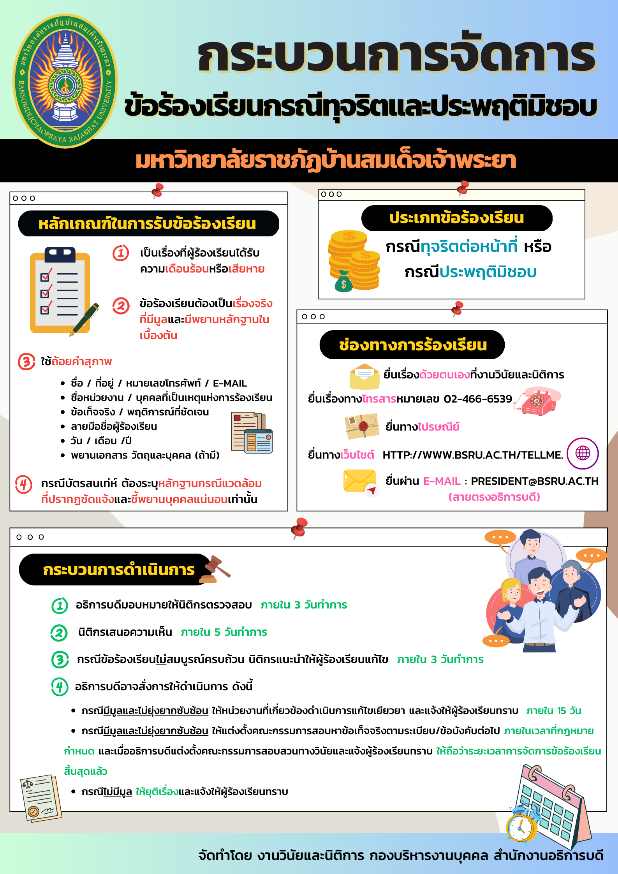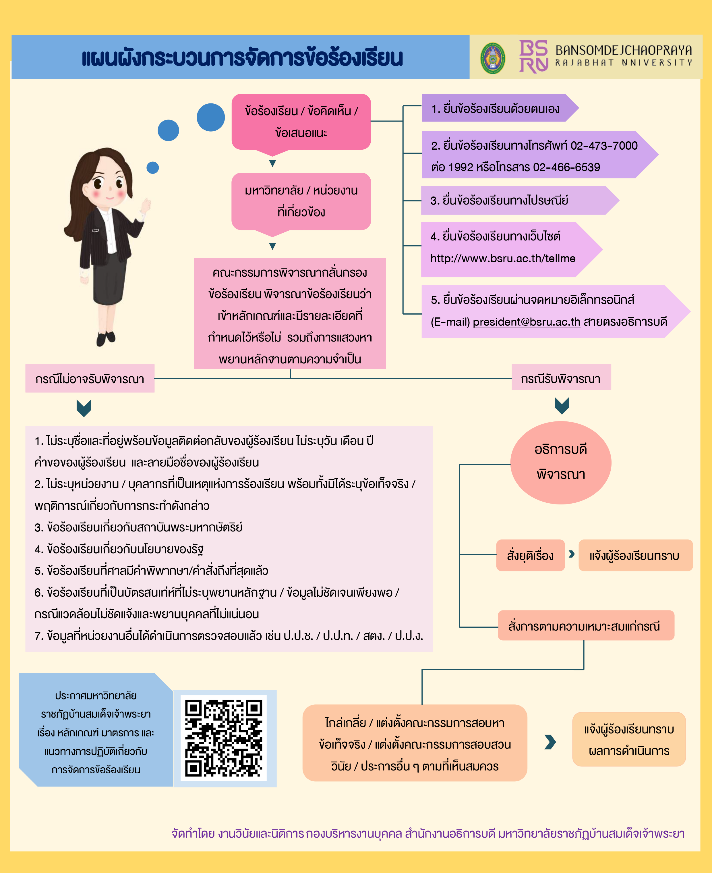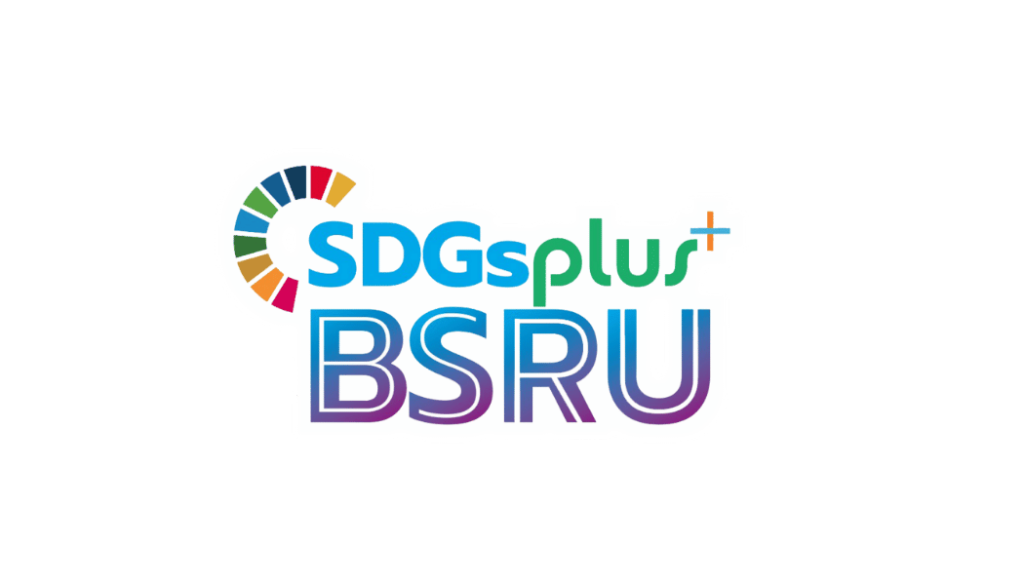BSRU’s Anti-Harassment Policy: Ensuring Fairness and Protection for All
As part of Bansomdejchaopraya Rajabhat University’s (BSRU) commitment to SDG 10: Reduced Inequalities, the university has implemented a comprehensive Anti-Harassment Policy, fully in place by 2023. This policy addresses harassment in all its forms and sets the standards for student and staff behavior, ensuring a safe, respectful, and inclusive environment throughout the institution.
The Regulations of Rajabhat Bansomdejchaopraya University provide a clear framework on discipline and conduct, applicable to both students and employees. In Article 4, Section 12 (Page 89) of the university’s Student Handbook, students are required to conduct themselves as good citizens. They are explicitly prohibited from engaging in immoral or unethical behavior, including any form of sexual misconduct. This regulation underscores the university’s zero-tolerance approach to behavior that may harm the dignity or well-being of others.
For university employees, Chapter 4, Sections 30 and 31 (Page 4) of the Rajabhat Bansomdejchaopraya University Regulations on Employees outline standards of professionalism and politeness. These sections mandate that employees maintain decorum, refrain from harassment, and actively support one another in the workplace. Furthermore, employees are instructed to interact with the public in a courteous manner and are explicitly prohibited from insulting, humiliating, or bullying those who seek assistance from university officials. This ensures that both internal and external interactions uphold the principles of fairness and respect.
Similarly, in Chapter 7, Section 45 (Page 9) of the Rajabhat Bansomdejchaopraya University Regulations on Personnel Management, university personnel are required to set an example of ethical behavior. They must act in ways that reflect the good cultural values of Thai society, maintain politeness, and assist each other in their duties. Importantly, the regulation specifies that any form of harassment, including insulting, despising, oppressing, or bullying fellow employees, students, or the public, is considered a serious disciplinary offense. This establishes a firm institutional stance against harassment in all its manifestations.
To ensure the effective management of such issues, BSRU has instituted a detailed complaint-handling process. The Announcement of Rajabhat Bansomdejchaopraya University on the Criteria, Measures, and Guidelines for Handling Complaints outlines the procedures for reporting misconduct, including corruption, injustice, bullying, and violations of official duties.
Through the university’s online platform, complaints can be submitted confidentially, covering a wide range of issues such as abuse of power, ethical violations, and harassment. This accessible and transparent complaint system protects the rights of complainants and facilitates swift and fair resolutions.


BSRU’s Anti-Harassment Policy is not only in existence but has also been made publicly available, reinforcing the university’s transparency and commitment to accountability. Through these regulations and proactive measures, BSRU continues to advance SDG 10: Reduced Inequalities, focusing on the elimination of harassment and the promotion of equality and fairness within the university. The policy ensures that all individuals—students, staff, and visitors alike—are treated with respect and are protected from behaviors that cause alarm, distress, or harm. This aligns with the university’s broader goals of fostering an inclusive and just academic environment where everyone can thrive free from harassment and inequality.
More Information (in Thai):
- Regulations of Rajabhat Bansomdejchaopraya University on Discipline and Disciplinary Actions for Students: Page 88-89
- Regulations of Rajabhat Bansomdejchaopraya University on personnel management of Rajabhat Bansomdejchaopraya University employees
- Rajabhat Bansomdejchaopraya University Regulations on Employees





